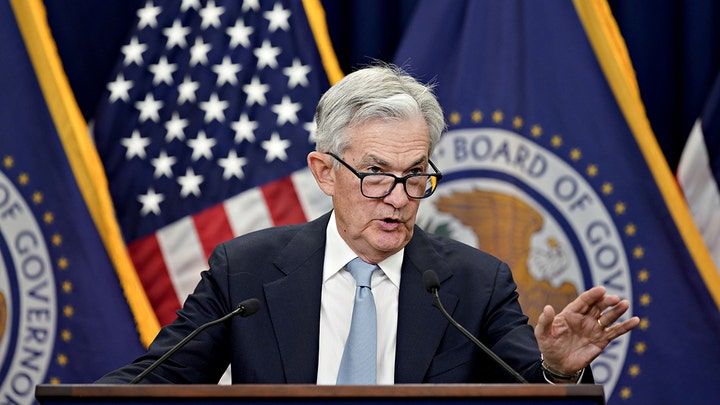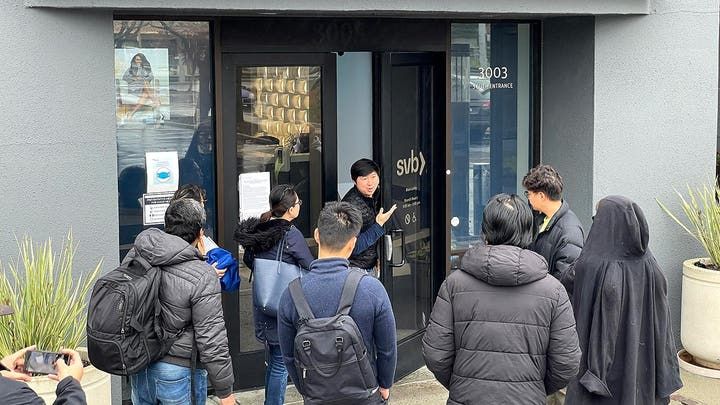
Powell signals Fed may take its foot off the gas on rate hikes following banking turmoil
Federal Reserve Chairman Jerome Powell said Friday the central bank may not need to hike interest rates as aggressively as it previously planned in its ongoing fight against inflation after the regional banking crisis made it more difficult to access credit.
Powell said during a panel discussion on monetary policy held by the Fed that "overall the banks and the banking system are strong and resilient," but acknowledged that the disruption to the financial sector from a series of bank runs in recent months could impact the central bank's policy decisions.
"Developments there, on the other hand, are contributing to tighter credit conditions and are likely to weigh on economic growth, hiring and inflation," the Fed chair said. "So as a result, our policy rate may not need to rise as much as it would have otherwise to achieve our goals. Of course, the extent of that is highly uncertain."
Earlier this month, the Fed hiked rates for the 10th consecutive time, putting the key benchmark federal funds rate at a range of 5% to 5.25% – the highest in 16 years. But for the first time in a year, policymakers signaled that future rate increases are not a given, suggesting that additional policy moves will hinge on "incoming information."
 Jerome Powell, chairman of the U.S. Federal Reserve, speaks during
a news conference following a Federal Open Market Committee meeting in
Washington, D.C., on March 22, 2023.
Jerome Powell, chairman of the U.S. Federal Reserve, speaks during
a news conference following a Federal Open Market Committee meeting in
Washington, D.C., on March 22, 2023.
"A decision on a pause was not made today," Powell told reporters during a post-meeting press conference at the time, though he noted the "meaningful" change in the official statement.
"We're no longer saying that we 'anticipate,'" he said. "We'll be driven by incoming data, meeting to meeting. We'll approach that question at the June meeting."
Then, the Fed released a survey last week indicating that more banks are tightening their lending standards in the wake of recent turmoil within the financial sector, following the high-profile bank runs on Silicon Valley Bank and a handful of other regional lenders.
 A worker (C) tells people that the Silicon Valley Bank (SVB)
headquarters is closed on March 10, 2023 in Santa Clara, California.
A worker (C) tells people that the Silicon Valley Bank (SVB)
headquarters is closed on March 10, 2023 in Santa Clara, California.
Mid-sized banks are struggling, in part, from higher interest rates, as the Fed carries out its most aggressive tightening campaign since the 1980s.
Although inflation has eased from a peak of 9.1%, it remains about more than double the pre-pandemic average and well above the Fed's 2% target rate.
Powell reiterated Friday that the Fed is committed to returning to that goal, saying "failure to get inflation downward would not only prolong the pain, but also increase ultimately the social costs of getting back to price stability, causing even greater harm to families and businesses."











